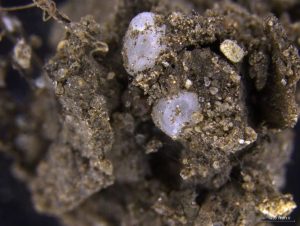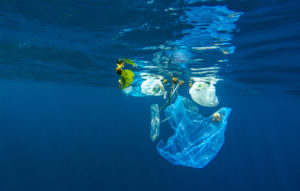Scientists develop ‘super enzyme’ that breaks down plastic faster than ever
A team of international scientists have developed what they call a “super enzyme” that can break down plastic into its original building blocks so it can be recycled infinitely.
The team, which made waves in 2018 for engineering a plastic-eating enzyme, has now combined it with a second enzyme to create a “cocktail” that can break down plastic six times faster.
“The enzymes are really specific to certain types of bonds in the molecular structure of the plastic. This means that it breaks it down into the same starting materials that were used to make the product to begin with,” Erika Erickson, a bioengineering researcher at the U.S. Department of Energy’s National Renewable Energy Laboratory (NERL), told As It Happens host Carol Off.
“So instead of having an inferior product in the end, you could start with the same starting materials and come back to an equal value plastic water bottle or food package, etc., on the other side, without needing to use petroleum products to get there.”
The findings were published this week in the journal Proceedings of the National Academy of Sciences.
Nature finds a way — and scientists speed it up
The whole thing began when scientists at NERL and Britain’s University of Portsmouth discovered a naturally occurring enzyme in a waste recycling centre in Japan that was helping bacteria break down polyethylene terephthalate (PET), a common plastic developed in the ’40s that’s used to make water bottles, food packaging, film and more.
“There are natural enzymes that have been evolved to break down plastic,” Erickson said. “And if you think about that, it’s quite extraordinary that an organism has been able to do this in such a short amount of time.”


